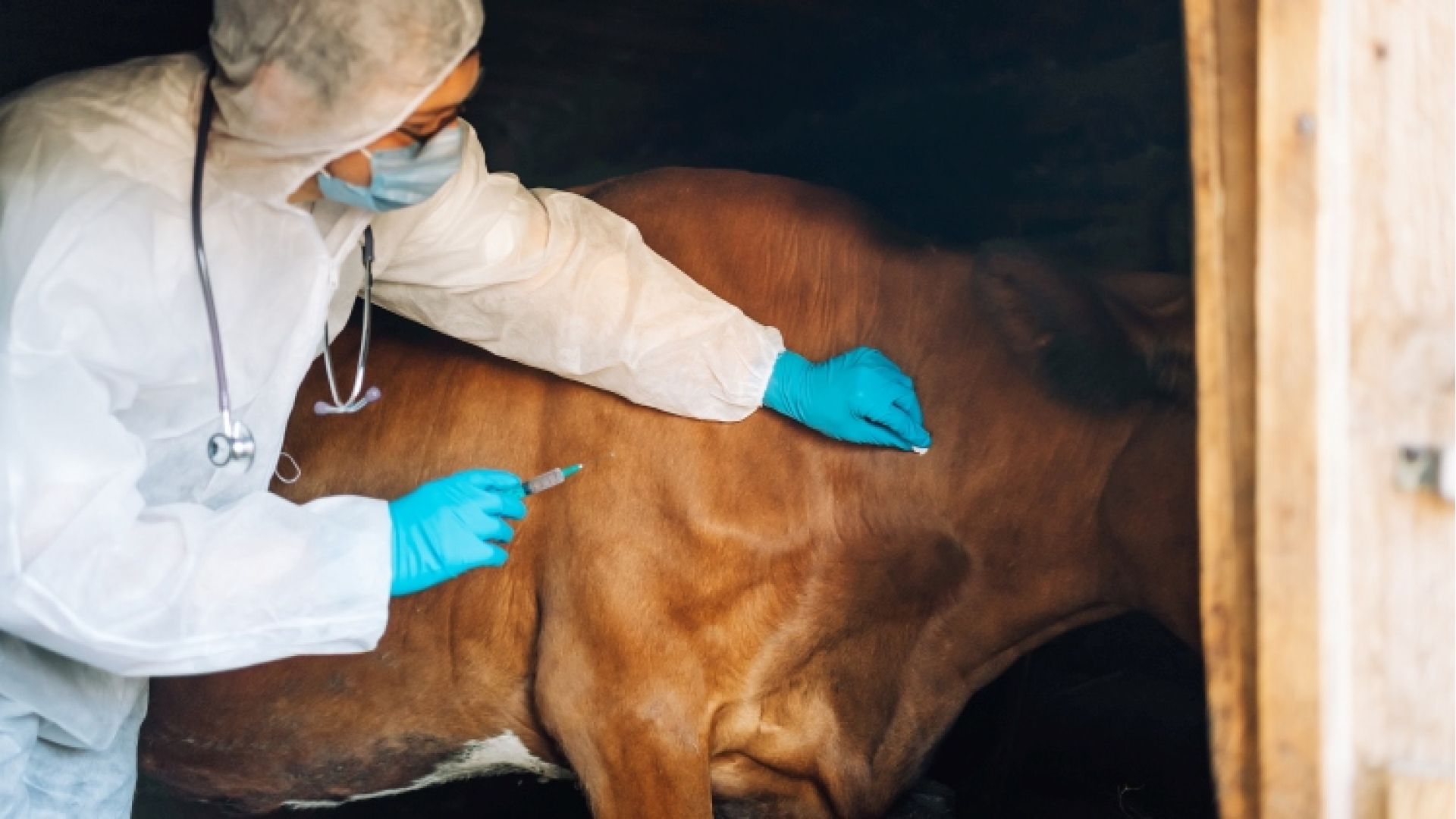Coal-based protein: A sustainable solution for animal feed

Moves to turn coal-derived methanol into a more sustainable protein source for use in the animal feed sector have been boosted All this is supported by a $1.7 million grant from the Bill and Melinda Gates Foundation.
The grant has gone to University of Alberta residents who are working with a start-up Cvictus to get an edible coal-derived protein into the marketplace, replacing less eco-friendly animal feed ingredients. Their goal is to improve the technology needed to make single cell protein (SCP). The project resurrects technology first developed and approved 4 decades ago in Europe.
SCP is a nutrient-rich, low-cost substitute for fish meal and soybean meal, and lead researcher David Bressler believes it could be a “game-changer” in several ways.
“Single cell protein technology has many benefits that could redefine the face of agriculture in Canada. It’s an opportunity to produce a much more sustainable ingredient that is less expensive to make, has a much smaller carbon footprint and is scalable to production.”
Using a patented process, Cvictus is focussed on extracting hydrogen from deep coal seams without mining, converting it to produce clean methanol and then, making SCP for use in livestock feed. The leftover carbon is then captured and sequestrated back underground.
Brett Wilcox, Cvictus chief executive officer, said: “Alberta has massive energy resources, so by turning those hydrocarbon resources into protein, the potential is there to supply most of the animal feed market in Canada and the world.”
The SCP is derived from methanol drawn from hydrogen and carbon in the coal. Bacteria are grown on the methanol that are then harvested, dried and processed into livestock feed.
Wilcox said that as well as being more nutrient rich, SCP was better for the environment than the intensive operations needed to produce soybean meal.
“The world has lost about half of its forest cover, almost all for agriculture, with 77% of that land being used to grow animal feed and forage, so using SCP reduces that footprint, with massive environmental benefits. The only way to remove a high amount of CO2 from the atmosphere relatively quickly and at a large scale is mass reforestation,” he added.